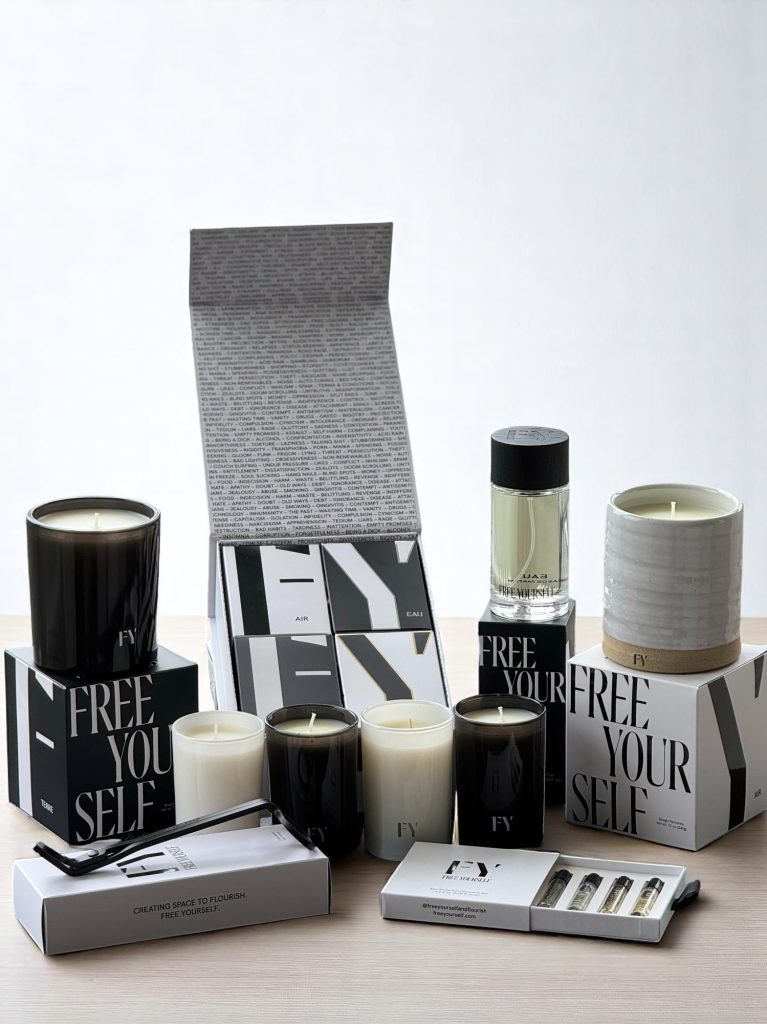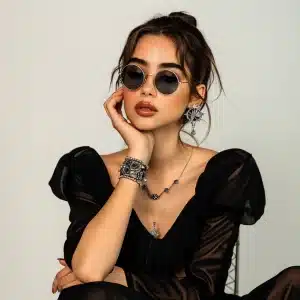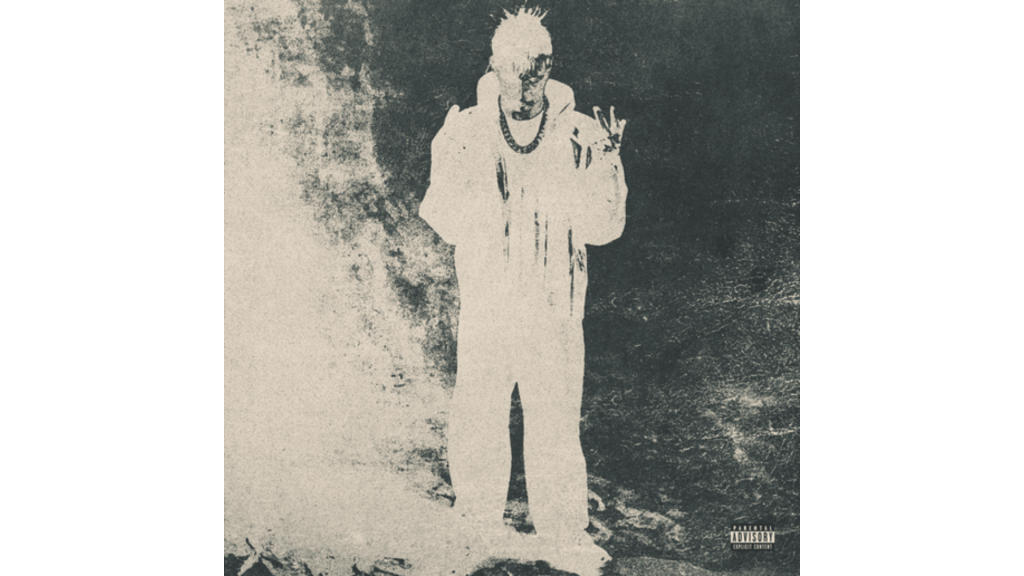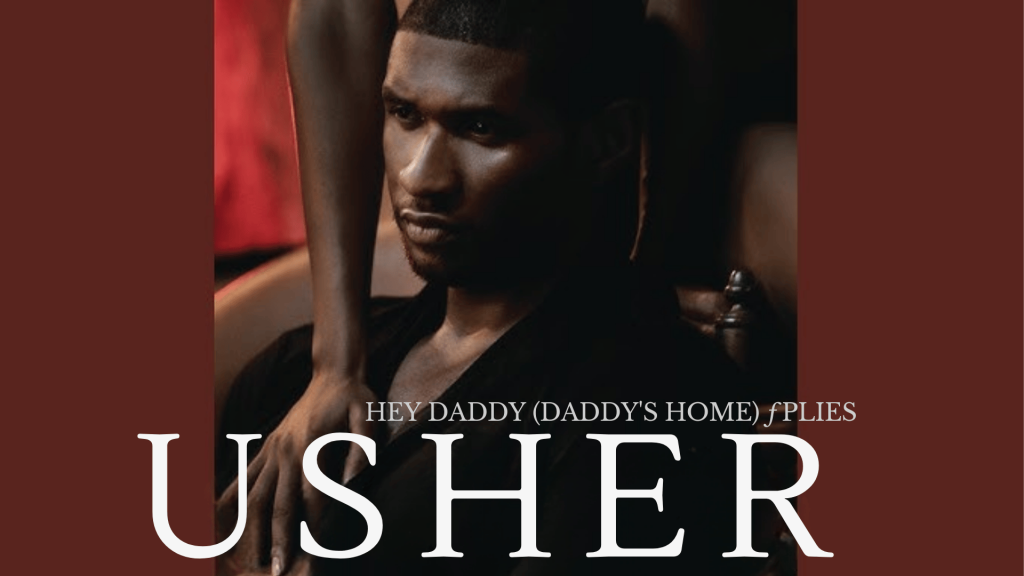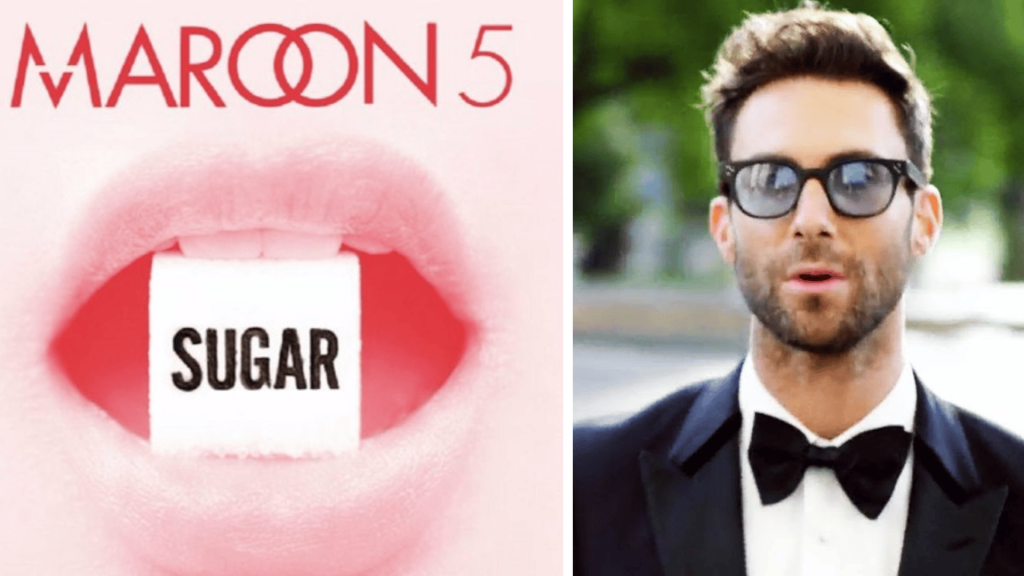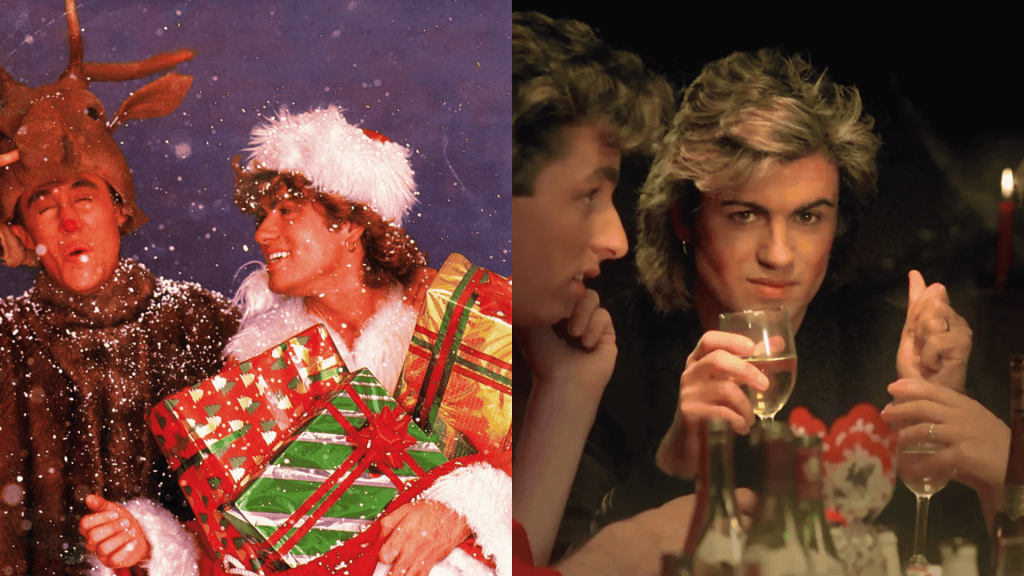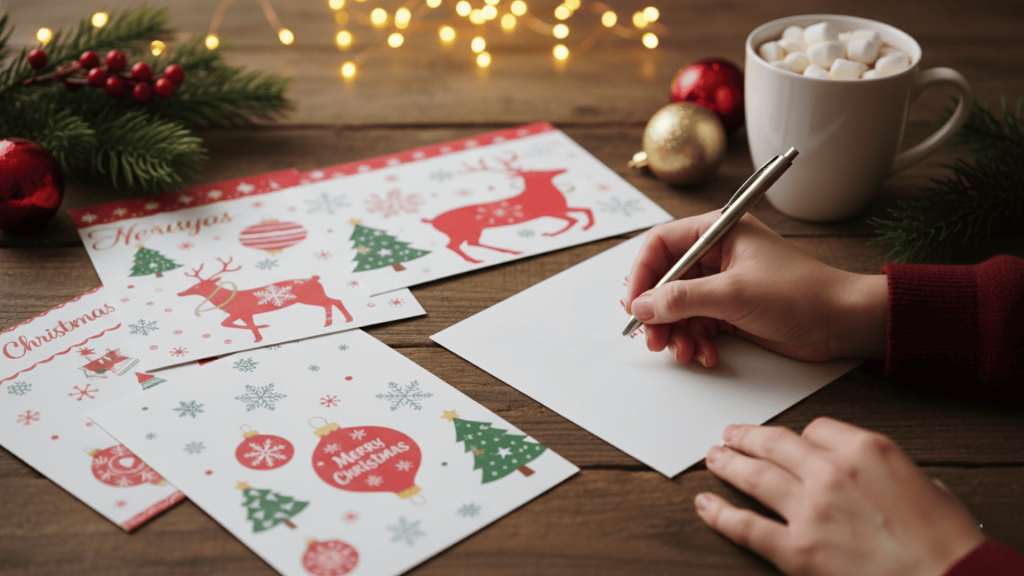For the new generation of musicians, perfume isn’t about allure — it’s about authenticity.
There’s a quiet revolution happening backstage. Between vocal warmups, last-minute glam, and the frantic energy of going live, a moment of stillness is slipping into the rituals of Gen Z artists. It doesn’t come from crystals, journaling, or herbal teas (though those may still be nearby). It comes in the form of scent — a few spritzes, a breath held in, and a return to self.
Fragrance, long the accessory of models, actors, and polished red carpets, is now becoming a tool for musicians to connect emotionally before stepping into the chaos. And the movement isn’t about smelling expensive. It’s about feeling real.
One brand defining this cultural shift is Free Yourself. Minimalist, unisex fragrance, and crafted in France, it offers scents that aren’t designed to seduce — they’re designed to support. Founder Jeff, who studied under Dr. Martin Seligman at the University of Pennsylvania, built the brand with a clear mission: to turn scent into a catalyst for flourishing.
You read that right. Flourishing — not flexing.
In an era where young artists are more open about their anxiety, trauma, neurodivergence, and need for boundaries, this kind of emotional anchoring isn’t just appreciated — it’s essential. When an artist wears Air (a crisp mix of grapefruit and vetiver) or Feu (a warm blend of cinnamon, neroli, and cedarwood), they’re not projecting an image. They’re holding onto themselves.
The Intersection of Scent and Sound
This isn’t entirely new. Artists have long used scent to capture mood or memory. FKA twigs famously blends essential oils to match different stages of her performances. Lionel Richie even described his fragrance creation process as “writing a ballad that people carry with them.” But Gen Z has taken this relationship deeper — seeing scent not as a finishing touch, but as part of the composition.
The Australian Art Quartet explored this fusion in “The Scent of Memory,” a performance where scent and classical music were paired to trigger memory and emotion. As The Guardian noted, smell is the only sense with a direct line to the brain’s emotional and memory centers. No wonder the right scent can feel like a chord change.
For today’s emerging artists, that connection is practical, too. Between back-to-back tours, mental health strain, and the always-on nature of fame, rituals matter. A signature scent becomes a moment of autonomy — something chosen, something felt, something theirs.
Why Gen Z Fans Are Embracing It Too
It’s not just the artists leaning in. Gen Z listeners are treating fragrance the way previous generations treated records or posters — as part of their identity. On TikTok, users are matching scents to albums, moods, and even playlists. Spray before you hit play.
And the psychology backs it up. Studies in Frontiers in Behavioral Neuroscience have shown that certain scents can reduce stress and regulate mood. The simple act of scenting yourself can function like a reset button — making it the perfect pre-show, post-breakup, or pre-Zoom tool.
Free Yourself fits neatly into this landscape. With its academic roots in Positive Psychology and a total rejection of synthetic formulas or gendered marketing, it feels like the anti-perfume perfume. It doesn’t try to rebrand you. It returns you to who you already are — just clearer.
As one indie artist recently said in an interview, “I don’t wear scent to perform. I wear it to feel.” And that sentiment is catching on.
Scent as Emotional Dressing
In fashion, we’ve heard about dopamine dressing — the idea that what we wear affects our mood. But Gen Z is moving beyond colors and fabrics. They’re entering the era of emotional dressing — curating their look, their music, their environment, and their scent based on how they want to feel, not just how they want to be seen.
And in that way, scent is the most intimate medium. It’s invisible. It lingers. It bypasses words and burrows straight into memory.
With the rise of quiet luxury, ritualized wellness, and radical self-awareness, fragrance is no longer a luxury add-on. It’s becoming a soundtrack. A sensory cue. A note between notes.
Because in the end, the artists we remember are the ones who didn’t just look or sound good — they made us feel something.
And maybe that’s what Free Yourself understands best: that in a world full of noise, the most powerful thing you can offer is something that brings people back to themselves.
One spray. One breath. One song.


